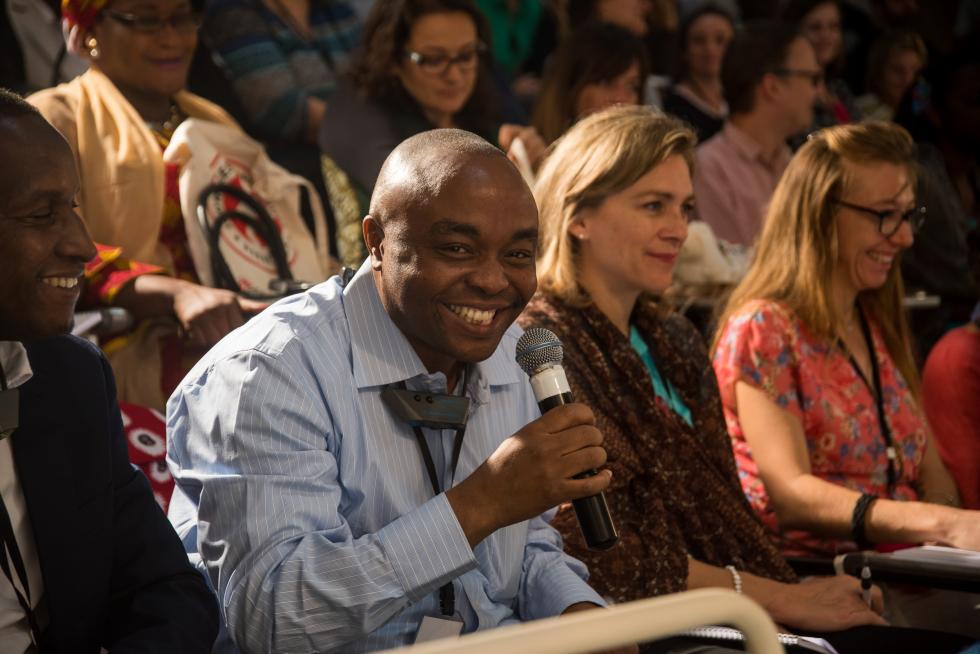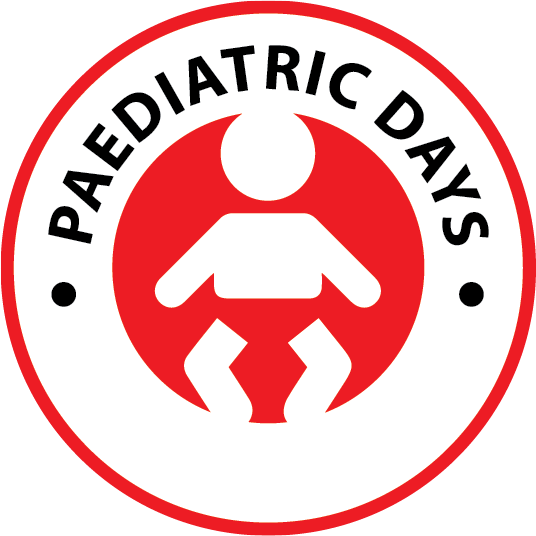Pediatrics in a humanitarian context: the work is just beginning

In December 2017, Medecins Sans Frontières invited the pediatric community for a 2-day conference to investigate ways of providing better care in humanitarian contexts for the most vulnerable patients: children.
"How to deliver quality pediatric health care in humanitarian settings without pediatricians?
This is the question that was posed during the Pediatric Days, organized in Dakar on December 15th and 16th 2017, by the international medical humanitarian organisation Médecins Sans Frontières (MSF).
Children are one of the most vulnerable groups in humanitarian settings. They are at risk in regard with diseases, complications and death. Conflicts, political insecurity, natural disasters, displacement, and challenging economic conditions all restrict access to health care and thus increase the vulnerability of younger patients. In addition, limited resources in the field, such as insufficient paediatricians and pediatric nurses, poorly trained caregivers who lack knowledge in the specificity and needs of children, limited context-specific protocols and tools, and a shortage of medication, all create many challenges that complicate interventions on the ground.
"We have done a lot to increase our paediatric capacity within our emergency medical organisations. However, insecurity - which characterizes many of the contexts in which we operate - limits our capacity to send paediatricians to these areas”, explains Cristian Casademont, Head of the Operational Medical Unit, MSF. "If we only have one paediatrician, which priorities should we focus on? That is the big question: how can we do things effectively to better care for our youngest patients?"
Sharing experience to improve the quality of paediatric care in humanitarian settings
Participants exchanged their experiences and insights on paediatric work in low resource settings. The main topics included perinatal asphyxia, paediatric neurocritical care, pain management, and supportive care. All of them are areas in which great improvement is both needed and feasible. Additionally, free paper sessions have been offered, including one focused on malnutrition, as well as two training workshops.
According to Marc Gastellu Etchegorry, former international medical secretary of MSF and researcher at Epicenter, who also participated to the conference, "MSF has a responsibility to conduct more research and always look for ways to innovate. But the research should not end with publications: it must lead to the implementation of tools adapted to our areas of intervention, or a critique to ultimately improve our practices to better support our patients”.
Results of this second edition
210 people gathered for this second edition of the MSF Paediatric Days and more than 1.500 followed the online streaming. Physicians, paediatricians, midwives, nurses and researchers have drawn some recommendations in order to improve paediatric health care in humanitarian settings.
